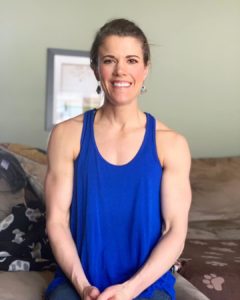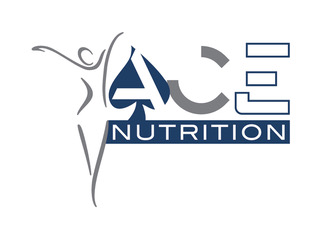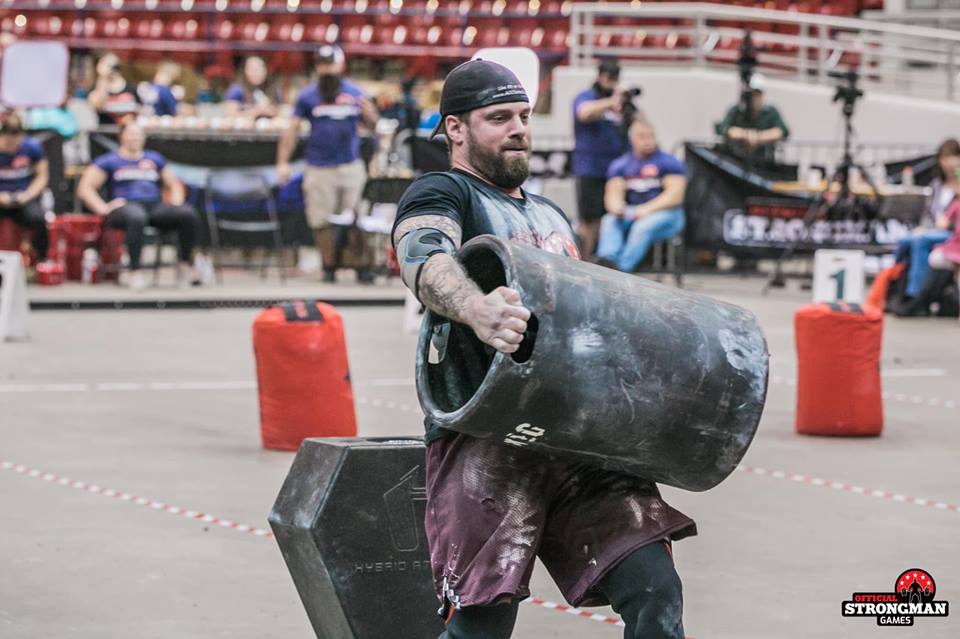WANT SUSTAINABLE RESULTS? LEARN TO TRACK YOUR BIOFEEDBACK
Most people start their health & fitness journey with one goal in mind: lose weight on the scale. While there is nothing wrong with this, many of us make the mistake of basing ALL progress on that number we see. And while it’s nice to see the scale go down, there are other very important metrics that we need to be tracking.
Biofeedback is different signals that the body sends to let us know how well we’re functioning, or how dysfunctional we may be. If you’ve read my eBook on reverse dieting, you know that the body takes a hit hormonally & metabolically when we chronically restrict calories, work out too hard, don’t allow our bodies to recover, or simply do not take care of ourselves.
Many people have goals that do not match up with self-care. They want to lose massive amounts of weight, get super lean, compete at a high level in strongman, power-lifting, bodybuilding, cross-fit, etc.
These goals are fine, but they create an unhealthy hormonal environment because you need to be eating in a caloric deficit to shed unwanted body fat, and you’re going to be pushing your body to its breaking point if you want to be a high-level athlete. Biofeedback is how we monitor whether or not we’ve gone too far.
Biofeedback is your energy level, sex drive, cravings, sleep quality, stress, mood & motivation level. When you are not nourishing your body with proper nutrition, energy levels start to drop. And when you are pushing your body to the limit day after day in the gym, you are not allowing it to recover. When the body is under too much stress either from chronic under-eating or intense training, all of your biofeedback markers will be negatively impacted.
This is why being aware of your own personal biofeedback is so important for long-term results.
I require all of my nutrition clients to rank their biofeedback measures on a weekly basis. This makes them very aware of what is going on with their body and why they are or are not seeing the results they want to see. It also allows me to better know what adjustments need to be made to their plan.
Don’t get me wrong – the scale matters. Increasing your lifts in the gym matters. Losing inches matters. But none of these things will occur if you do not have positive biofeedback. And at the end of the day, even if you achieve your goal weight, win first place in your next competition, or lose the inches you want to lose, it’s not going to matter or be sustainable if you are constantly feeling like crap.
Most of the new clients who come to me for nutrition help are under eating, over-training, not sleeping enough, stressed to the max, and failing to periodize their training & nutrition.
We work on STOPPING these things so they can START seeing results. Here is how we do it:
- Start tracking your food intake. Awareness is the first step to creating change. Are you currently under-eating? If so, you probably need a reverse diet to help undo any metabolic and hormonal damage that has been done. (If you are unfamiliar with reverse dieting, click here.) You won’t lose body fat with an unhealthy metabolism, so this is an important first step.
- Tackle your sleep. Did you know that adults should be getting 7-9 hours of sleep a night? Most people are not getting anywhere near this amount. If sleep is cut short, the body doesn’t have time to complete all of the phases needed for muscle repair, memory consolidation, and release of hormones that regulate growth and appetite.
- Make sure your training is on point. Most people are either not training hard enough to elicit any real change, or they are training way too hard and not allowing their body to recover. If you are currently cross fitting 6 days a week, considering doing 2 a days, spending hours a day on the treadmill chasing “skinny”…..you probably need to slow down. More is not always better!
- Work on periodizing your nutrition. This basically means that you shouldn’t be dieting 100% of the time. You need to have periods of dieting, as well as periods of eating at maintenance and sometimes even eating in a surplus. This helps to keep your metabolism healthy and your hormones balanced.
The same goes for athletes who are constantly eating in a surplus or cramming in food around their workouts just to get calories in. You should not do this 100% of the time. You need periods where you are in a deficit or eating at maintenance, periods with higher fat intake to improve hormonal health, periods with higher carb intake to improve performance, etc.
The bottom line is that scale results are awesome, but they aren’t awesome if they aren’t sustainable. And they certainly aren’t awesome if biofeedback measures are in the gutter. No progress you make will be sustainable if you aren’t feeling good, which is why tracking the way you’re feeling is so important to your progress.
If you need help making improvements to your diet or help learning how to track your progress without using the scale, click here to learn more about my nutrition program options.





